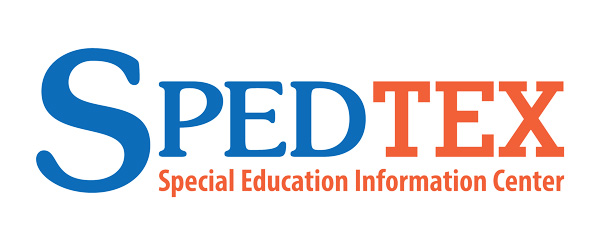
The purpose of the project is to provide and maintain an updated web-based platform to assist stakeholders such as local educational agencies (LEAs), advocates, and parents in learning about state and federal laws and regulations by providing rich resources regarding obligations and rights for the provision of a free and appropriate public education in the least restrictive environment to students with disabilities.
Contact Information

Special Education or IEP-Related Questions?
The Special Education Information Center (SPEDTex) works collaboratively with stakeholders to provide resources and facilitate collaboration that supports the development and delivery of services to children with disabilities in our state.
Phone: 1-855-SPEDTEX (1-855-773-3839)
Website: www.spedtex.org
Office of Special Populations and Student Supports
Monday-Friday (8:00 AM to 5:00 PM)
Phone: (512) 463-9414
Fax: (512) 463-9560
Email: sped@tea.texas.gov
The Texas Legal Framework
Find District
Woohoo, you're reading this text in a modal!
Find ESC Contact
Woohoo, you're reading this text in a modal!
 Stay Informed
Stay Informed
Join our all new Listserv if you would like to receive updates for the Texas Legal Framework for the Child-Centered Special Education Process!
 Inform Us!
Inform Us!
This form is anonymous and no identifying information is collected.
 Regional Contact Information
Regional Contact Information